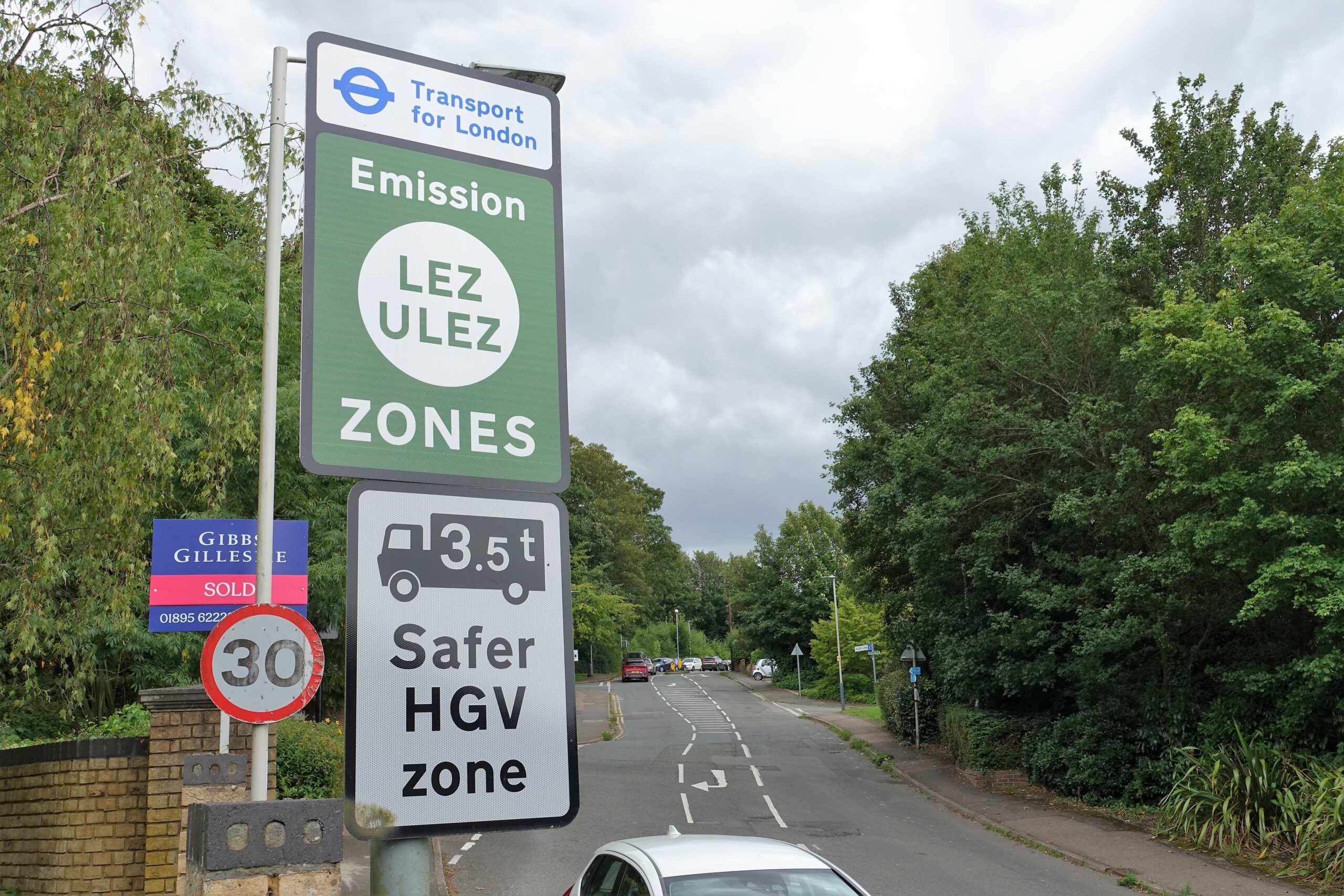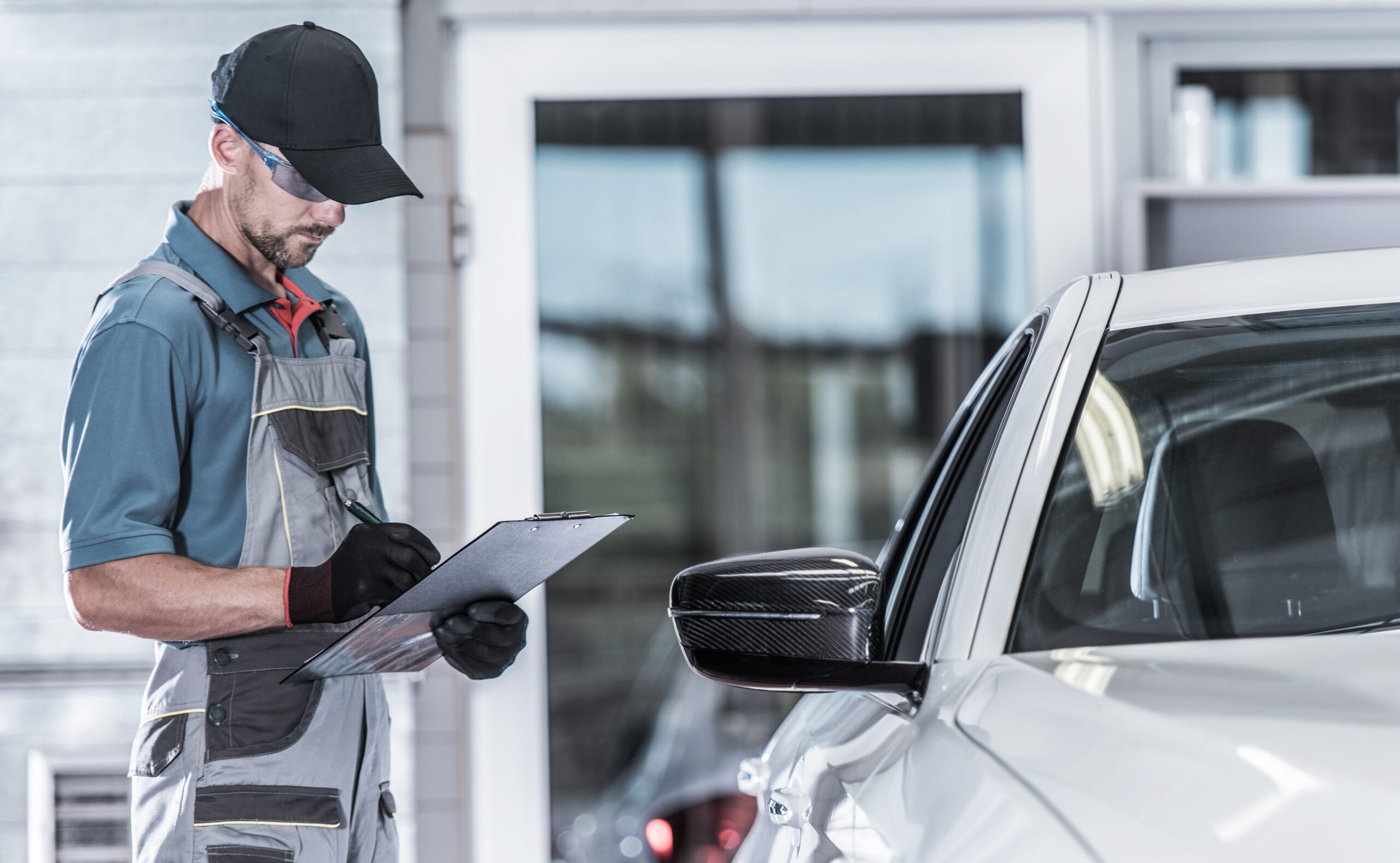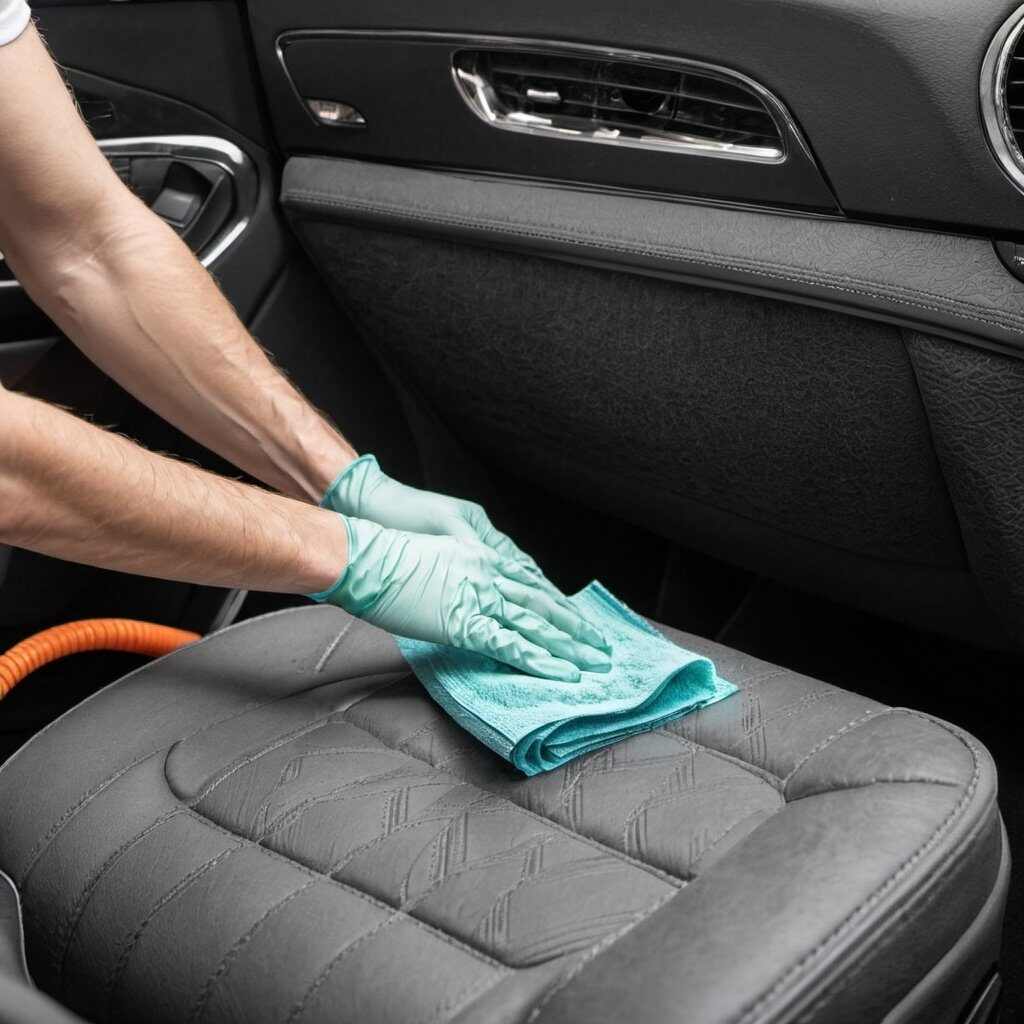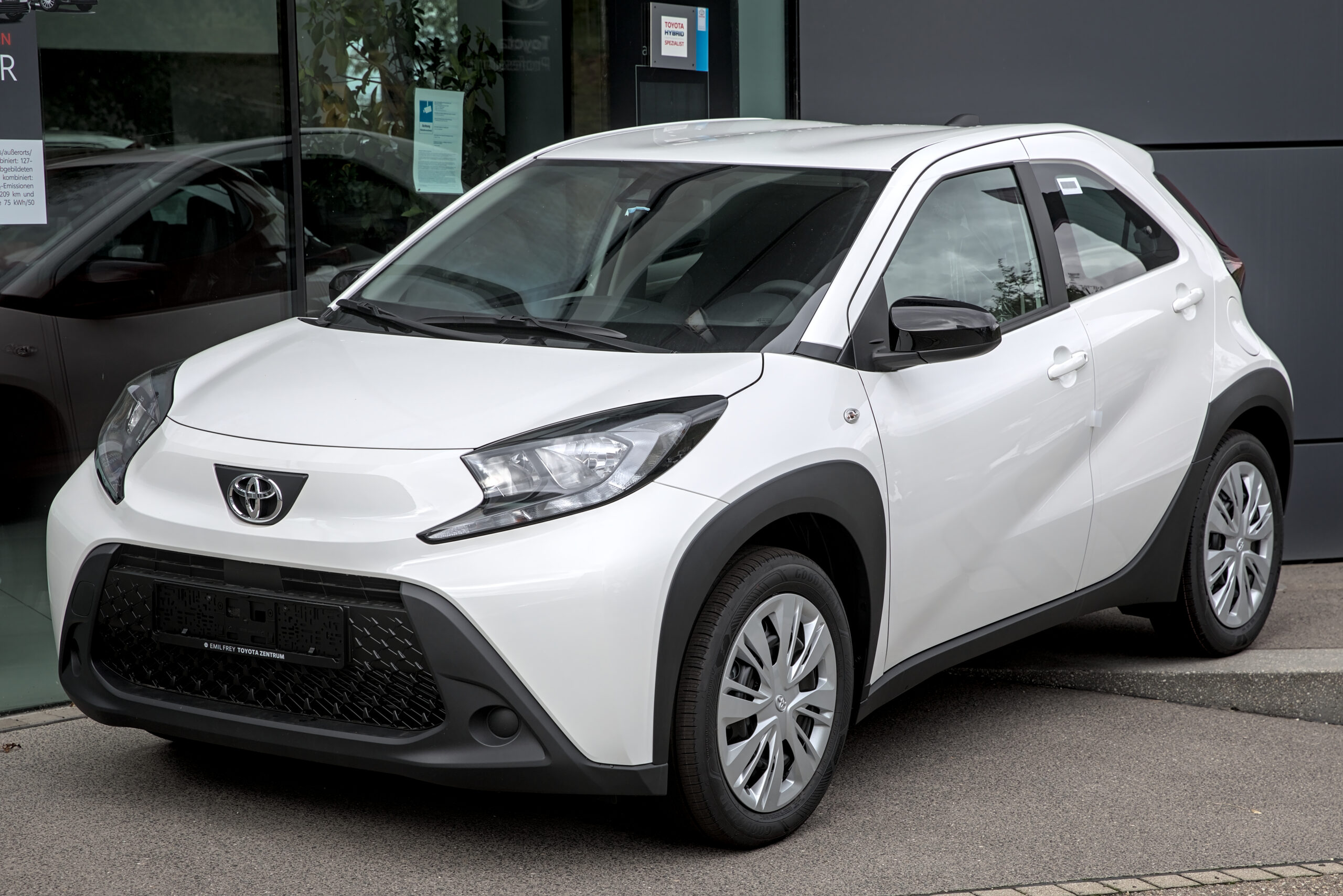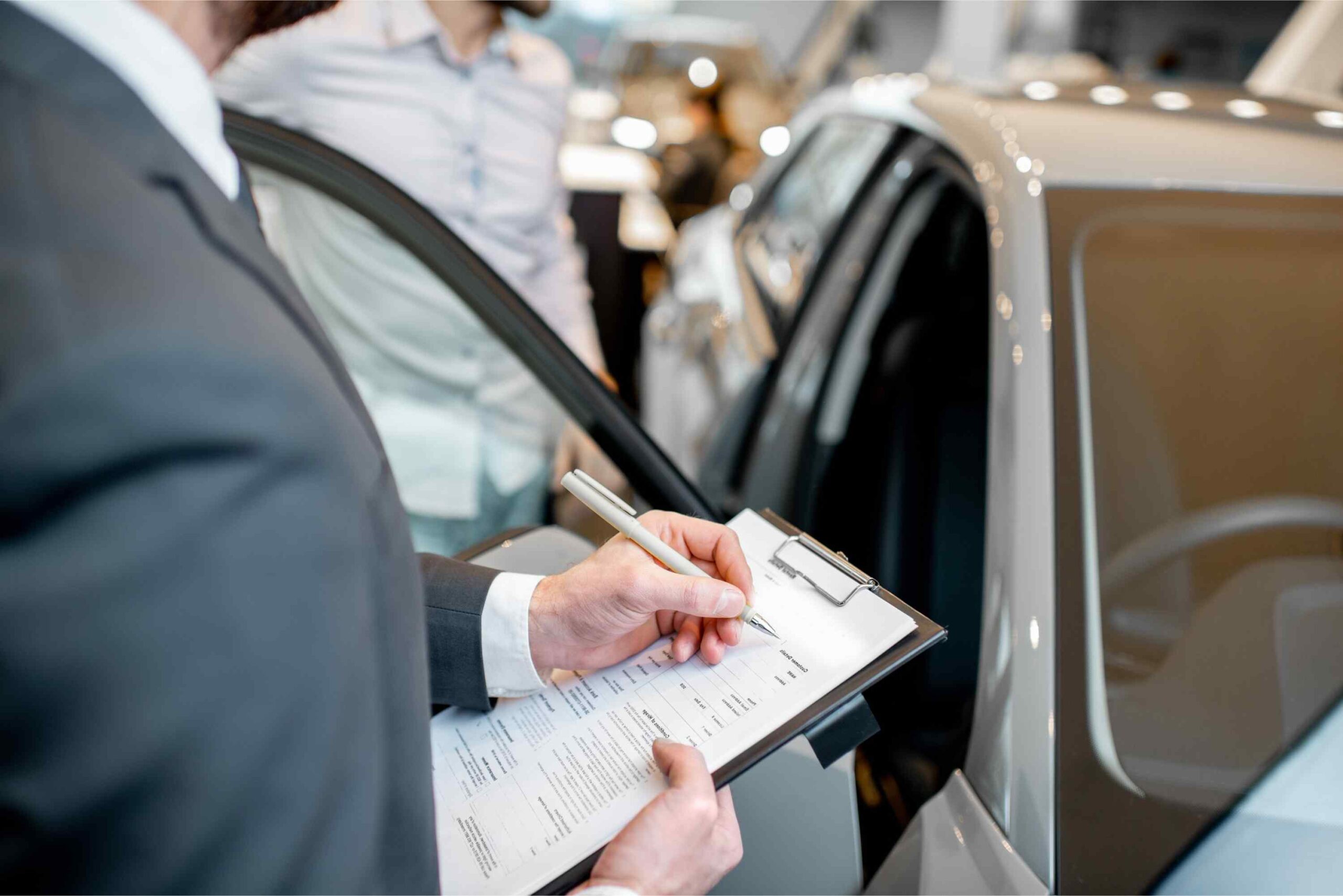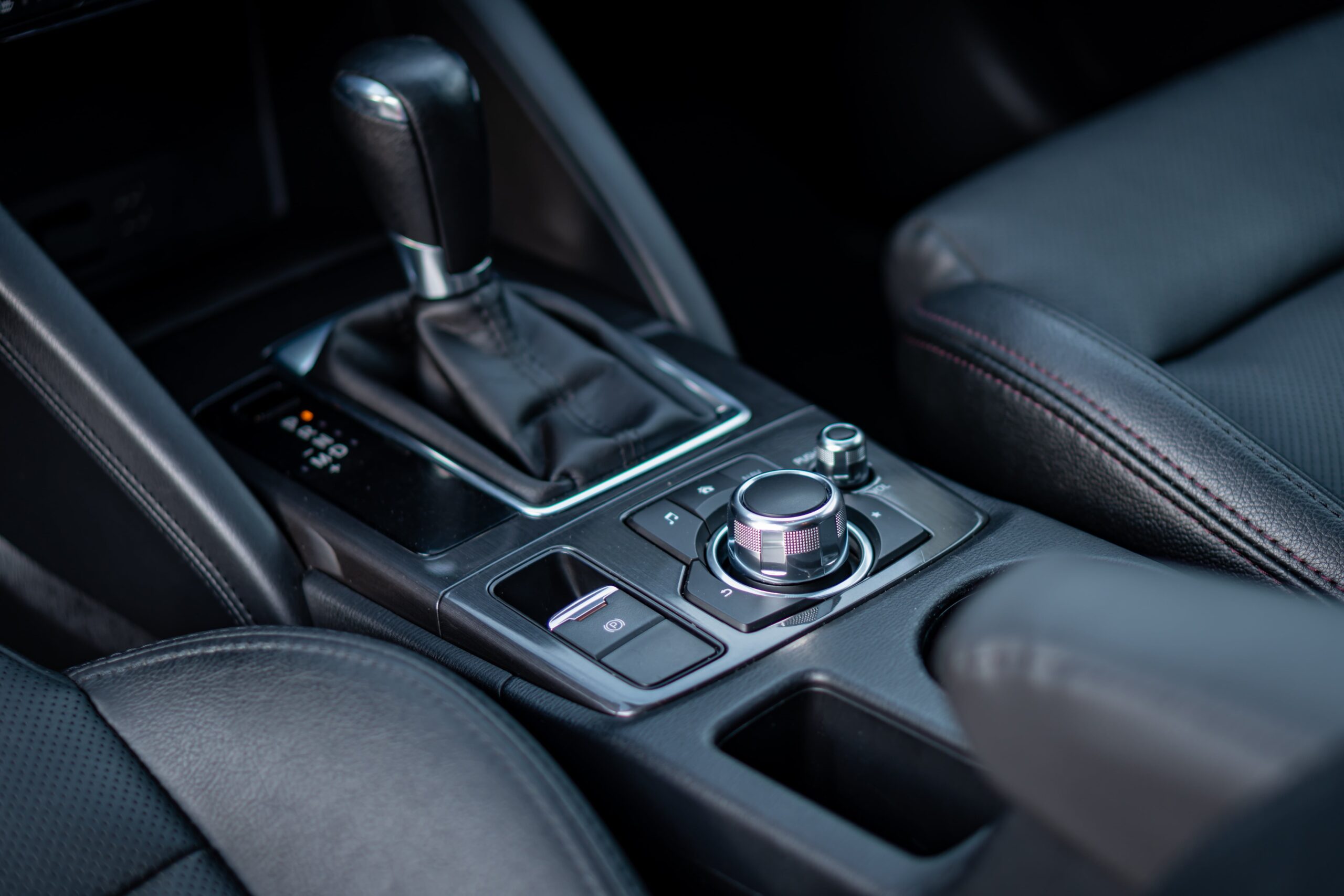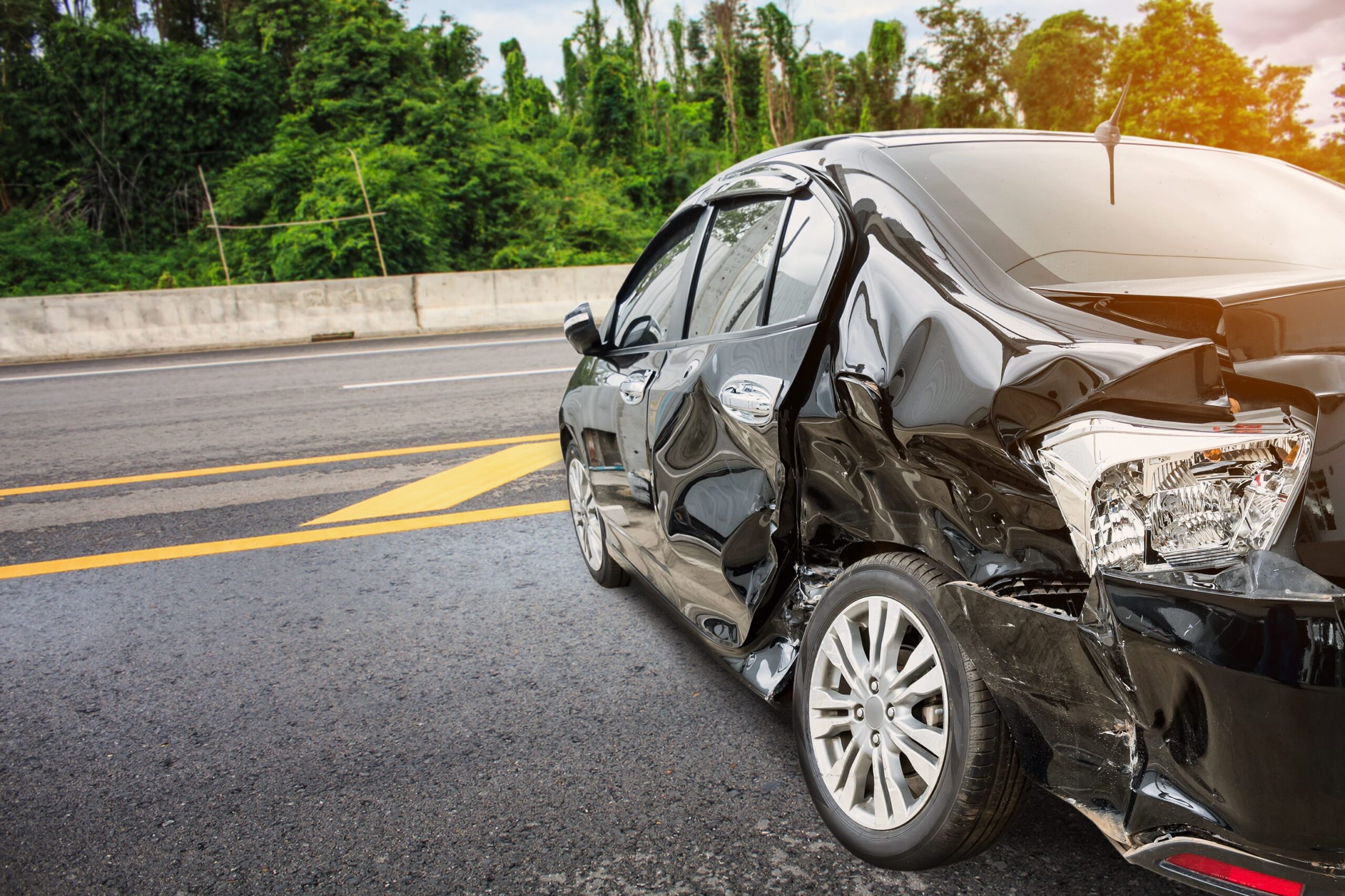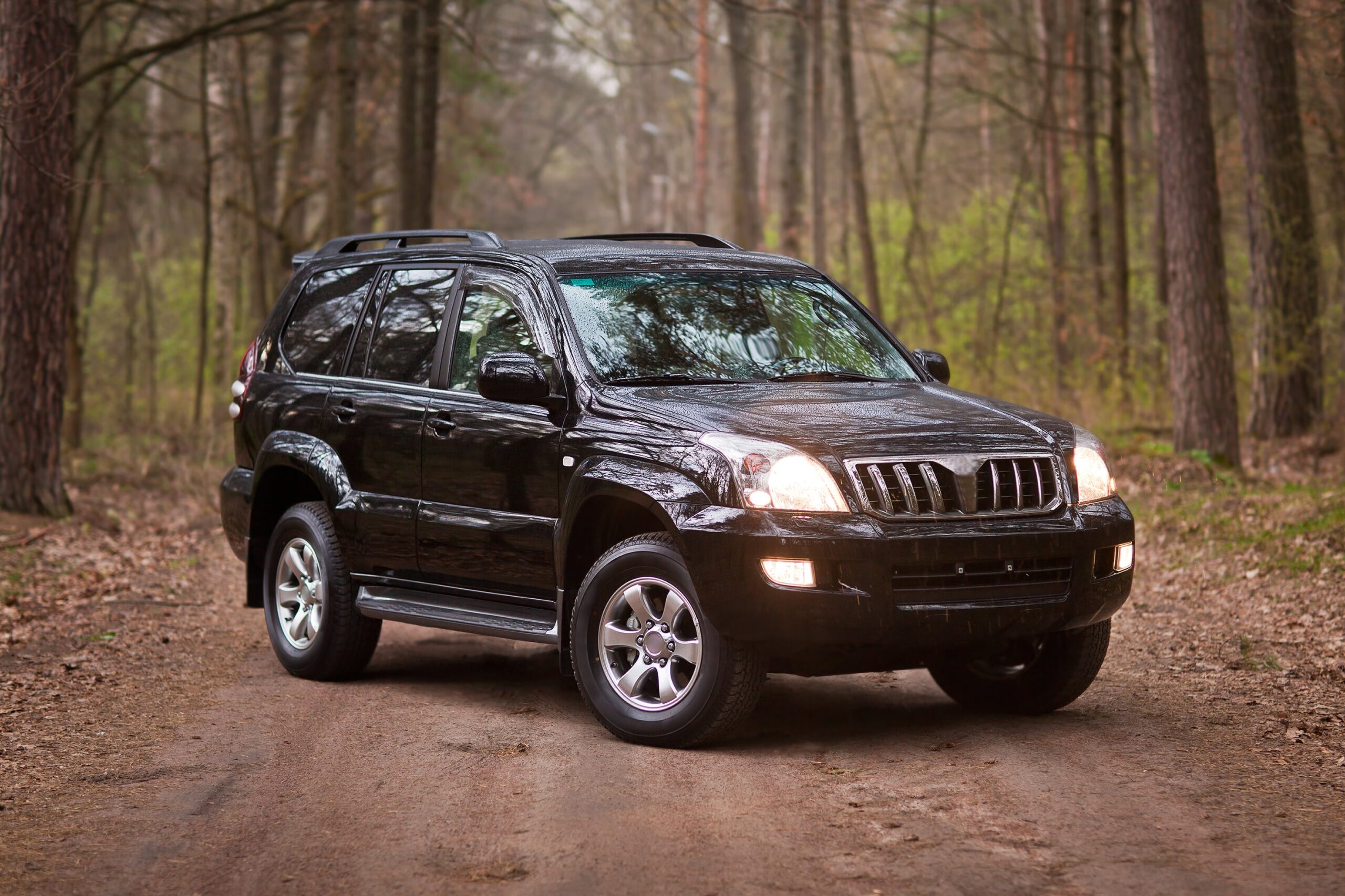
Open Vs. Enclosed Car Transport: Pros & Cons
Moving your car to a new location can be stressful, especially if it involves long-distance transportation. You’ll have to decide whether to transport your car via open or enclosed car transportation hire. This is especially important if you consider moving your car abroad and look for a car shipping rate estimate.
Most often, open carriers are used for short distances while enclosed carriers are used for long distance car transportation. In this blog, we’ll discuss the pros and cons of open vs enclosed car transportation hire and help you decide which one is right for your vehicle.
The Ins and Outs of Open Car Transportation Option
If you’re moving across the country, relocating for work, or simply selling your car to someone in another region, you’ll need a reliable car transportation service to get your vehicle from point A to point B.
And while there are a variety of options available, including enclosed car transport, one of the most common methods is open car transportation. But what exactly is an open car transportation option, and is it the right choice for your needs?
What is Open Car Transportation?
Let’s start with the basics. Open car transportation hire refers to the process of moving a car on an open trailer, typically with several other vehicles. This method is often preferred by car transport companies due to its cost-effectiveness and efficiency.
Open trailers can carry more vehicles at once than enclosed trailers, which means that transportation costs can be lower overall. Plus, open car transport is usually faster than enclosed transport because the vehicles aren’t loaded and unloaded as carefully.
Is Open Car Transportation Safe?
While open car transportation is generally considered safe, it’s important to note that your car will be exposed to the elements during the journey. This means that it could be susceptible to damage from weather conditions like rain, hail, or wind.
Additionally, if your car is particularly valuable or rare, you may want to opt for enclosed transport instead to ensure maximum protection. That being said, most cars that are moved via open transport arrive at their destination in the same condition they were in when they left.
Open Car Transportation Insurance
Another important factor to consider when choosing a car transportation hire service is the level of insurance coverage provided. Most reputable car transport companies will have some form of insurance in place to protect your vehicle in the event of damage or theft during transit.
However, it’s important to read the fine print and understand exactly what is covered. For example, some policies may have exclusions for certain types of damage or may only cover a portion of the vehicle’s value.
How Does Open Car Transportation Hire Work?
If you decide to go with an open car transportation option, you’ll also want to consider the logistics of the process. This includes factors like pick-up and delivery locations, the estimated timeline for transit, and the methods of payment accepted by the company.
Many car transportation companies will offer door-to-door service. This means, they’ll pick up your car at your current location and deliver it to your new location. However, in some cases, you may need to drop off or pick up your car at a designated terminal instead.
Open Car Transportation Pros and Cons
Open car transport is the most common and affordable method of transporting vehicles. It involves loading your car onto a car carrier that is open to the elements. Some of the benefits of open car transport include its affordability, flexibility, and availability.
Open carriers are readily available and can transport multiple vehicles at once, making them ideal for those on a tight budget.
However, there are also some downsides of open car transport. Your car will be exposed to road debris, weather elements and insects along the way. Additionally, there is a higher risk of damage to your vehicle if it is not properly secured during transit.
RELATED: Top Tips for Economical Driving and Ways to Save Fuel
Exploring the Benefits of Enclosed Car Transportation
Do you have a valuable car that you need to transport across the country or abroad? If so, one of the things you’ll need to consider is how to move it safely and securely. One option you might consider is enclosed car transport. Here are some of the reasons why it might be the best option for transporting your vehicle.
What is Enclosed Car Transportation?
Enclosed car transport, on the other hand, involves your car being transported in an enclosed trailer or container. While this option is more expensive, it offers a number of benefits that make it attractive to those with valuable cars.

Benefits of Enclosed Car Transportation
The primary benefit of enclosed car transport is that your car will be protected from the elements and road debris. When your car is transported in an enclosed container, it is shielded from rain and wind. This protects your car from weather conditions that could potentially damage it during transport.
Similarly, it won’t be exposed to rocks, gravel, or other debris on the road that could cause scratches or dents. This protection makes enclosed car transport the ideal option for those who have classic or luxury cars that need to be transported.
Enclosed Car Transportation Means More Security
Another benefit of enclosed car transport is that it offers more security for your car. When your car is transported in an enclosed container, it is less likely to be stolen or tampered with. Enclosed car transport companies typically have strict security measures in place to ensure that your car is protected throughout the entire transport process.
That’s why enclosed car transport can be the best choice for some people simply for the peace of mind it offers. Knowing that your car is being transported in a secure, enclosed container can be reassuring. This is especially true if you have a valuable car that you are emotionally attached to.
Convenience of Enclosed Car Transportation
Enclosed car transport can also be more convenient than open transport. When you choose enclosed car transport, you can usually specify the exact pick-up and drop-off locations. This can be more convenient than having to drop your car off at a terminal or depot.
Additionally, since your car is being transported in a closed container, it is typically shipped on its own, rather than sharing space with other vehicles. This can result in faster transport times and less risk of damage.
Overall, enclosed car transport is a great option for those who need to transport a valuable car across the country. While it may be more expensive than open transport, the benefits it offers make it well worth the investment. If you’re in the market for car transport services, be sure to consider enclosed car transport as an option.
Cons of Enclosed Car Transportation Option
Enclosed car transportation hire is a more expensive option, but it also offers more protection for your vehicle. Enclosed car transport utilises a fully enclosed carrier to protect your car from the elements and other hazards. It’s ideal for cars that are rare, high-end, or vintage.
Among the benefits of enclosed car transport are the extra protection offered to your car and the reduced risk of damage from road debris. However, some of the cons involved in enclosed car transport include the higher cost and the longer lead time needed to match you with an available carrier.
RELATED: What Documents Do I Need to Sell My Car in The UK? (The Definitive Guide!)
Choose Car Transportation Hire Based on Your Car Value and Transport Needs
When deciding between open and enclosed car transport, you should consider the value of your vehicle and the distance it needs to travel.
- If your car is a valuable classic or luxury car, it’s advisable to use enclosed transport to protect it from damage.
- If you’re travelling over a longer distance, enclosed car carriers offer more protection from the elements.
- Car transportation companies are less likely to deliver your car with rock chips or other exterior damage.
- On the other hand, if your car is more common or does not require as much protection, open car carriers are a safer and more economical option.
Check Reviews for Reliable Car Transportation Companies
Whichever method of transport you decide on, make sure you choose a reliable car transport company. Research online reviews for reputable companies with a proven track record of customer satisfaction. Pay special attention to their insurance coverage, pick-up and delivery times, and whether they have transparent pricing.
A reputable company should provide you with a written contract of service and customer support throughout the whole transport process.
Final Thoughts: Choosing the Open vs Enclosed Car Transportation Hire
When weighing the pros and cons of open vs enclosed car transport, consider your car’s value and the distance it needs to travel. The open car transport method is the most affordable but less secure, while enclosed car transport is more expensive but offers more protection. Make sure to check customer reviews before requesting an estimate from reliable car transport companies to ensure a safe and hassle-free transport experience.

